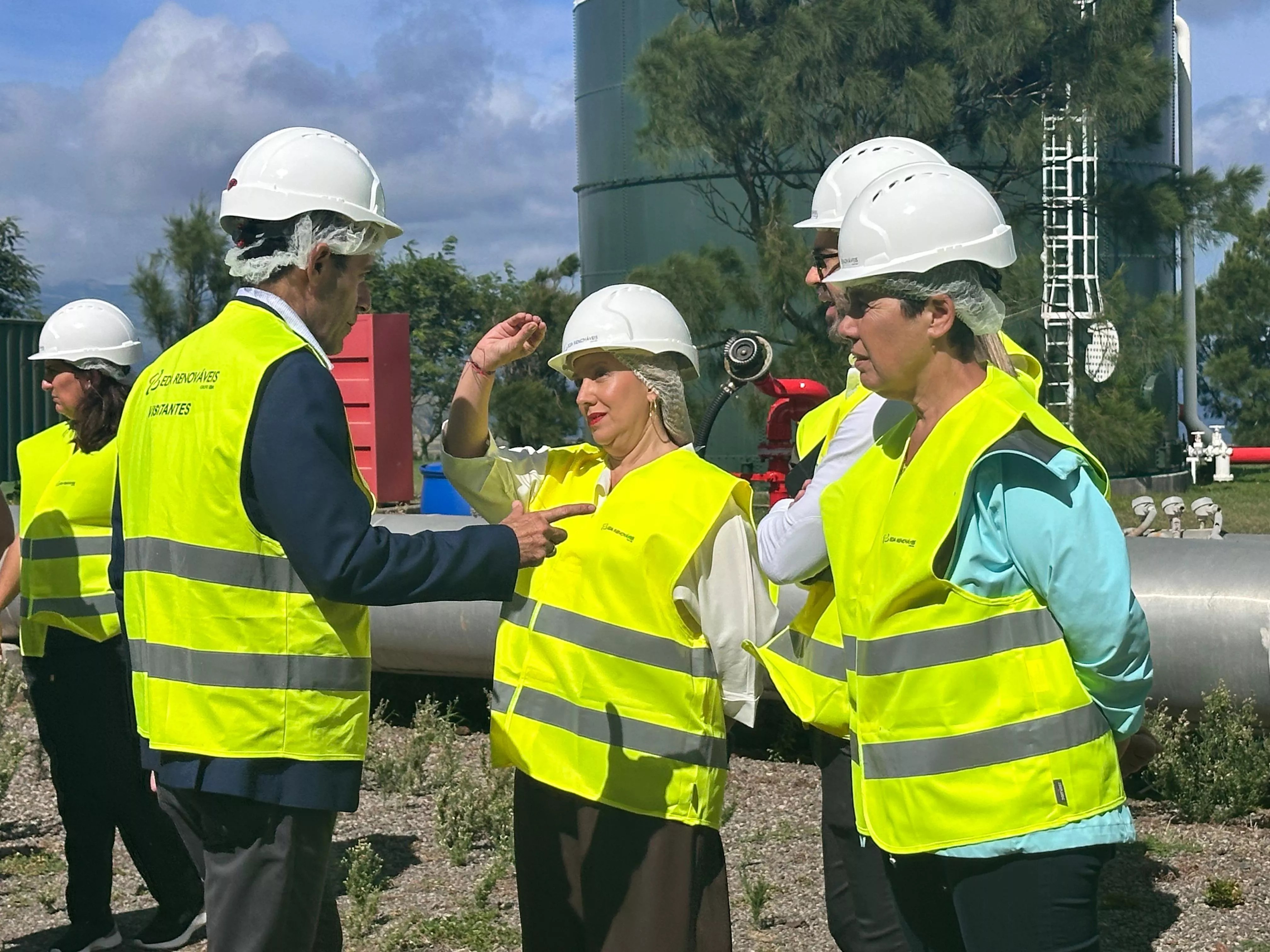
SANTA CRUZ DE TENERIFE, 7th June (EUROPA PRESS) –
A team of researchers from the University of La Laguna (ULL) has confirmed that the waters surrounding the Canary archipelago have experienced temperatures above typical values for over 365 days, marking a ‘marine heat wave’.
Driven by climate change, this phenomenon is hastening the tropicalization of the region, posing challenges for the survival of native species accustomed to warmer waters.
Conducted under the CanBio research programme, the ‘BioMar: Cold Shelters’ project has been investigating the variations in coastal water temperatures in Tenerife for the past four years, as detailed by ULL.
Leading the subproject is Dr. Sabrina Clemente, who notes that the findings “confirm that the northern region of Tenerife is experiencing a slower rate of warming, potentially making it a climate refuge” for marine biodiversity.
Dr. Clemente underlines the significant protective role this area plays, highlighting a one-degree temperature variance along the island’s shores.
The ‘BioMar: Cold Shelters’ initiative has deployed sensors along Tenerife’s coastline to continuously monitor temperature data.
This extensive analysis covers a four-year period. Researchers have also been observing the marine plant and animal communities at these monitoring sites.
Dr. Clemente mentions that in 2023 and early 2024, temperatures soared, almost breaking temperature records in the archipelago.
These occurrences are categorised as ‘marine heat waves’, with Dr. Clemente noting that “the impacts are evident in the longer run”, with observable shifts towards the tropicalization of marine life.
The theme of ‘World Oceans Day’ serves as a poignant reminder for the importance of ocean health.
Dr. Sabrina Clemente points out that numerous vital functions, such as fishing, are derived from this ecosystem, indicating that if marine organisms are affected by climate change, “it will inevitably lead to modifications in food resources.”
When asked about what Canary Islanders should be mindful of, Dr. Clemente emphasises the need for awareness that ecosystems are “rapidly changing due to climate change effects, and these changes are already observable today.”
Researcher Sonia Fernández, from the same project, echoes Dr. Clemente’s concerns during the CanBio project results presentation, stating that “temperatures in the Canary Islands are projected to surge significantly between now and the end of the century.”
















